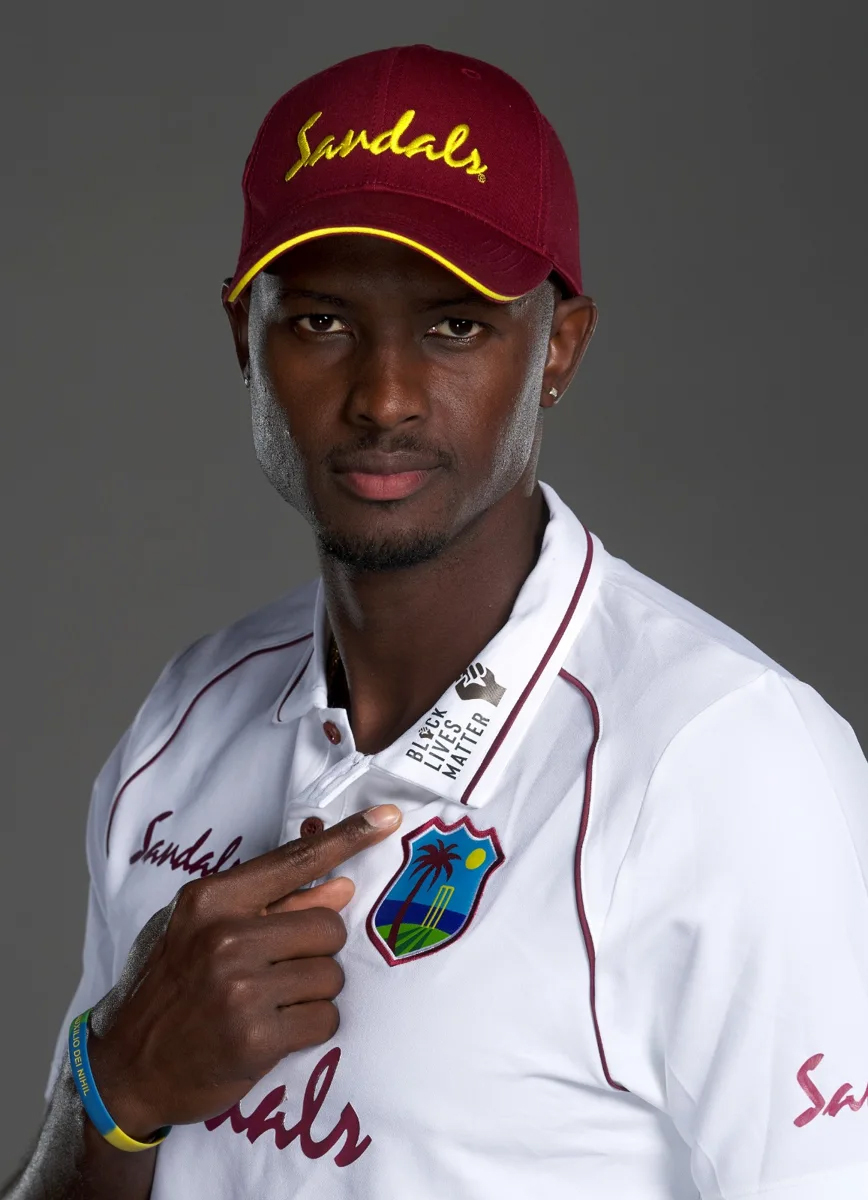The gesture by the West Indies cricket team to wear a Black Lives Matter emblem on the collars of their shirts during the upcoming Test series against England represents a largely significant move not only for the movement itself but also for the Caribbean side which would have experienced the wrath of racial outbursts in the past.
Captain Jason Holder according to ESPN, hinted in his first press conference of the tour that the West Indies would look to support the movement in some way.
Holder, in a statement Sunday said: “We believe we have a duty to show solidarity and also to help raise awareness.”
But how did we get here? By now I’m sure most of us are aware of the recent anti-racist protests all over the world, particularly in the United States following the death of George Floyd, an unarmed Afro-American who was murdered by police.
Holder, following the incident, was one of the first international cricketers to share an opinion on systemic racism, calling for it to be treated as seriously as doping and match-fixing in cricket.
Former West Indies skipper Daren Sammy also spoke out about the racial prejudice he would have experienced during the IPL where teammates referred to him and Sri Lanka all-rounder Thisara Perera as kalu.
Kalu has a degrading undertone; it is given to you because of the colour of your skin.
Sammy’s comments prompted a debate on whether colourism is in fact racism. We all can make an academic guess on whether it is.
And here is why I believe West Indies’ boldness to support the Black Lives Matter is significant.
West Indies during their 1976 tour of England were subjected to racial slander and not much was really said or done about it or at least it didn’t get the kind of attention comments of that nature deserved.
That unfortunate 1976 ‘incident’ was orchestrated by England’s skipper Tony Greig.
During a BBC interview, he said: I’m not really sure they’re as good as everyone thinks… “These guys, if they get on top they are magnificent cricketers. But if they’re down, they grovel, and I intend, with the help of Closey [Brian Close] and a few others, to make them grovel.”
In all that Greig said, the word grovel was not as appropriate as he might have thought. It was said by a white South African during a time of Apartheid. Of significance as well, South Africa’s policies of separatism even for athletes have been well documented.
The reaction of the West Indian players was not surprising, most of them felt enraged.
“The word ‘grovel’ is one guaranteed to raise the blood pressure of any black man,” Skipper Clive Lloyd said, according to ESPN. He added: “The fact they were used by a white South African made it even worse. We were angry and West Indians everywhere were angry. We resolved to show him and everyone else that the days for grovelling were over.”
A fledgling Sir Vivian Richard on his maiden tour of England even weighed in saying that he felt that Greig’s comments were deliberate.
“Most of the West Indies team felt Greig’s words were deliberate and not an off-the-cuff quip.
“Everyone was stunned,” recalled Richards, on his first tour of England. “This was the greatest motivating speech the England captain could have given to any West Indian team.”
West Indies went on to win the five-match test series 3-0. Greig got a few runs and a whole lot of bruises in the rib cage area and in the final test at the Oval did grovel. So, for me, I support Holder’s move and hope they can use the significance of the movement and the past to make England pay.









